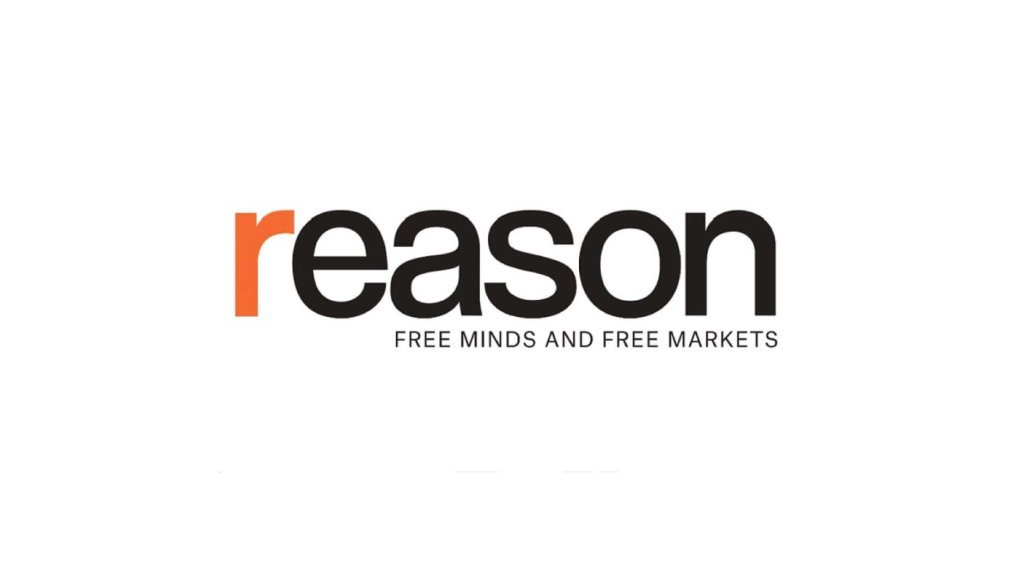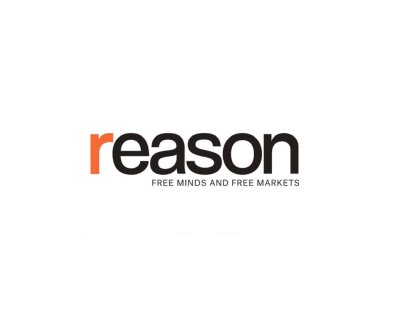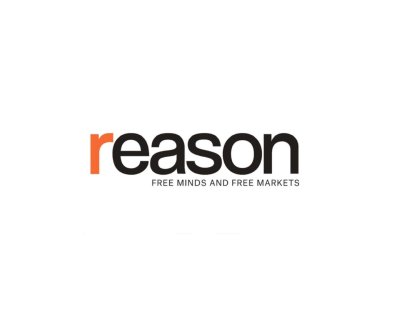Reflections on Lecturing on Immigration Policy in Switzerland
I spent this week in Switzerland, where I gave two talks on immigration policy: one at Avenir Suisse, a classical liberal/libertarian-leaning think tank, and one at NZZ Real Estate Days (annual convention of the Swiss real estate industry). The experience engendered some reflections, which I cover in this post. But it’s important to note some caveats right off the bat: I am not an expert on Swiss politics and society, though I do have some knowledge by virtue of being a federalism and immigration scholar (Switzerland is an important case study for both fields). I only speak one of Switzerland’s two main languages (French; the other is German, and German-speaking Swiss outnumber the French-speakers). As described below, my knowledge of French was of little use on this trip. In addition, I should stress that I did not speak to a statistically representative sample of Swiss people. Among other things, because of the nature of the two events, those I met were overwhelmingly highly educated and relatively affluent.
These reflections won’t resolve either Swiss or US debates about immigration. But I hope they might be of some small interest, nonetheless.
J.D. Vance recently said that if immigration was the path to prosperity, then “America would be the most prosperous country in the world.” Well, we very nearly are! Depending on which data set you look, at the US ranks somewhere between 6th and 10th in per capita GDP. Ahead of us are various small oil-rich states (e.g. the UAE, Qatar, and Norway), Luxembourg (tiny city state that specializes in banking), Ireland …. and Switzerland! Thus, Vance can still argue that if immigration were economically beneficial, we would be ahead of Switzerland, not behind it. But here’s the problem: Switzerland actually has way more immigration relative to population than we do. Over 30% of the Swiss population is foreign-born, compared to about 14% for the US. Ireland also has a higher per capita GDP than the US in most rankings. Their percentage of immigrants in the population is almost 20%, lower than Switzerland, but considerably higher than the US.
Correlation doesn’t prove causation. Switzerland and the US could be rich despite immigration, rather than because of it. And much of what’s going on is that richer nations attract more immigrants. However, extensive evidence indicates that immigration is a major driver of economic growth and innovation.
The current debate over immigration in Switzerland has many similarities to that in the US and other countries. There is a strong anti-immigrant political movement, spearheaded by the People’s Party (which has done relatively well in recent Swiss elections). At both speaking events (particularly the more politically diverse NZZ event), some people were relatively sympathetic to my pro-immigration position, and others much less so. That is to be expected for such a controversial issue.
Most of the objections I heard were very similar to those I encounter in the US and elsewhere. I address these standard objections here and in greater detail in my book Free to Move: Foot Voting, Migration, and Political Freedom. But one argument was much more prevalent in Switzerland than elsewhere: concerns about what I call “swamping”—the possibility that the native population will swiftly be overwhelmed by large numbers of immigrants from widely different cultures.
This is understandable, given the small size of Switzerland. S
Article from Latest

The Reason Magazine website is a go-to destination for libertarians seeking cogent analysis, investigative reporting, and thought-provoking commentary. Championing the principles of individual freedom, limited government, and free markets, the site offers a diverse range of articles, videos, and podcasts that challenge conventional wisdom and advocate for libertarian solutions. Whether you’re interested in politics, culture, or technology, Reason provides a unique lens that prioritizes liberty and rational discourse. It’s an essential resource for those who value critical thinking and nuanced debate in the pursuit of a freer society.




